If you want to buy an energy-efficient home or buy a HUD home and make it energy efficient, the Federal Housing Administration has a home loan program for you.
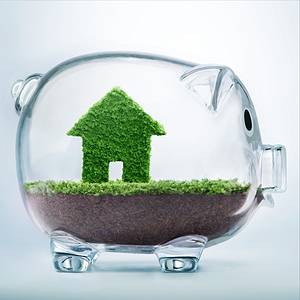 If you are in the market to buy a home, the U. S. Department of Housing and Urban Development (HUD) has several programs to help you become a homeowner or buy a foreclosed HUD home. If you buy a HUD home, an energy efficiency loan program is also available.
If you are in the market to buy a home, the U. S. Department of Housing and Urban Development (HUD) has several programs to help you become a homeowner or buy a foreclosed HUD home. If you buy a HUD home, an energy efficiency loan program is also available.
HUD has loan programs and grant programs to help become a homeowner. These programs can help you buy a single-family residence, a mobile home or manufactured home or even a multi-family complex. You may also qualify for a loan to rehabilitate a fixer-upper home or make a home energy efficient.
HUD is selling thousands of foreclosed homes that had Federal Housing Administration (FHA) insurance. You may find that you can buy a HUD home for a deep discount and get an FHA loan with a low interest rate to finance it for even greater savings.
When you buy a HUD home, for an energy efficiency project you can get financing through the Energy Efficient Mortgage Program ( EEM ). These loans are available for homes that need work or homes that are already energy efficient. You can also get a combination of financing from the energy loan and a 203(k) rehabilitation loan. You can get an EEM loan or a 203(k) loan for a home in any state. Plus, state governments also offer incentives in the form of rebates or tax credits when you make improvement to your homes that save energy.
There are a number of ways to make your home more energy efficient. HUD offers a list of resources online to help you make your new home energy efficient. These resources will give you information about weatherization, energy-efficient appliances, green building and more.
Some work you can do to make a home more energy efficient that will be covered by an EEM loan are replacing windows, which reduces your heating costs in winter and air conditioning costs in summer and replacing old appliances such as your refrigerator, dishwasher, washer, dryer and stove. Look for appliances with Energy Star ratings from the government.
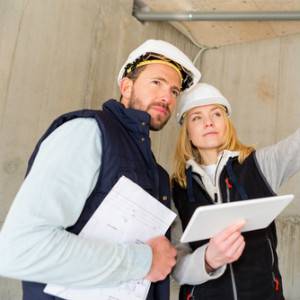 You may also make improvements that conserve water. You can install low-flow shower heads and low-flow toilets. These bathroom fixtures use less water than standard shower heads and toilets. Your water heater also uses a lot of energy. You can consider buying a solar water heater that uses the sun to heat the water.
You may also make improvements that conserve water. You can install low-flow shower heads and low-flow toilets. These bathroom fixtures use less water than standard shower heads and toilets. Your water heater also uses a lot of energy. You can consider buying a solar water heater that uses the sun to heat the water.
If you have an energy audit on your new home, it may suggest you put insulation in the walls and the attic to save energy. With an energy audit, a trained professional enters your home and tests for air leaks. You can then seal these leaks in the interior and exterior of your home. By sealing the leaks, heat doesn't escape in winter and hot air doesn't enter during the summer.
Once you buy a HUD home, energy efficiency projects will lower your utility costs and give you tax credits and rebates. If you are still shopping for a home, go to RealtyNow for free real estate listings.
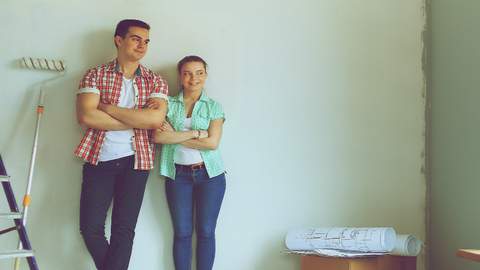
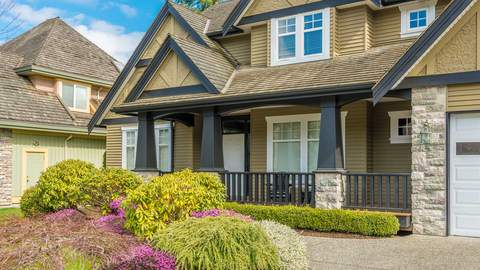
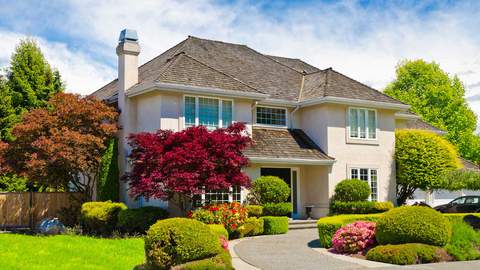


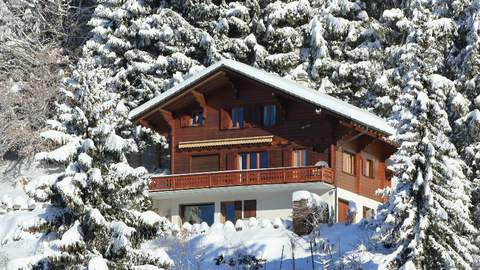
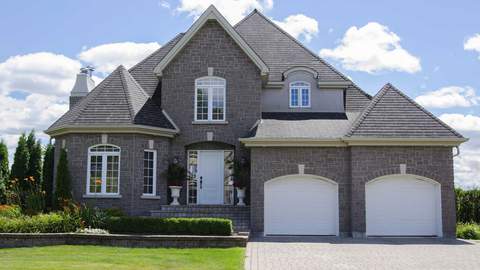

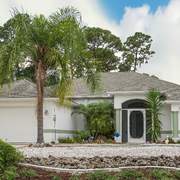
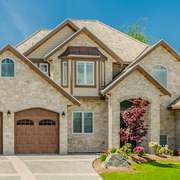

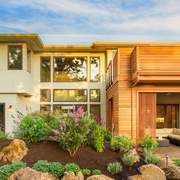

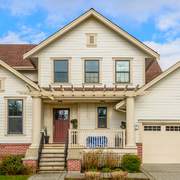

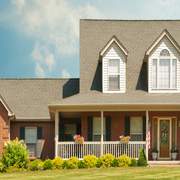
Write a Comment